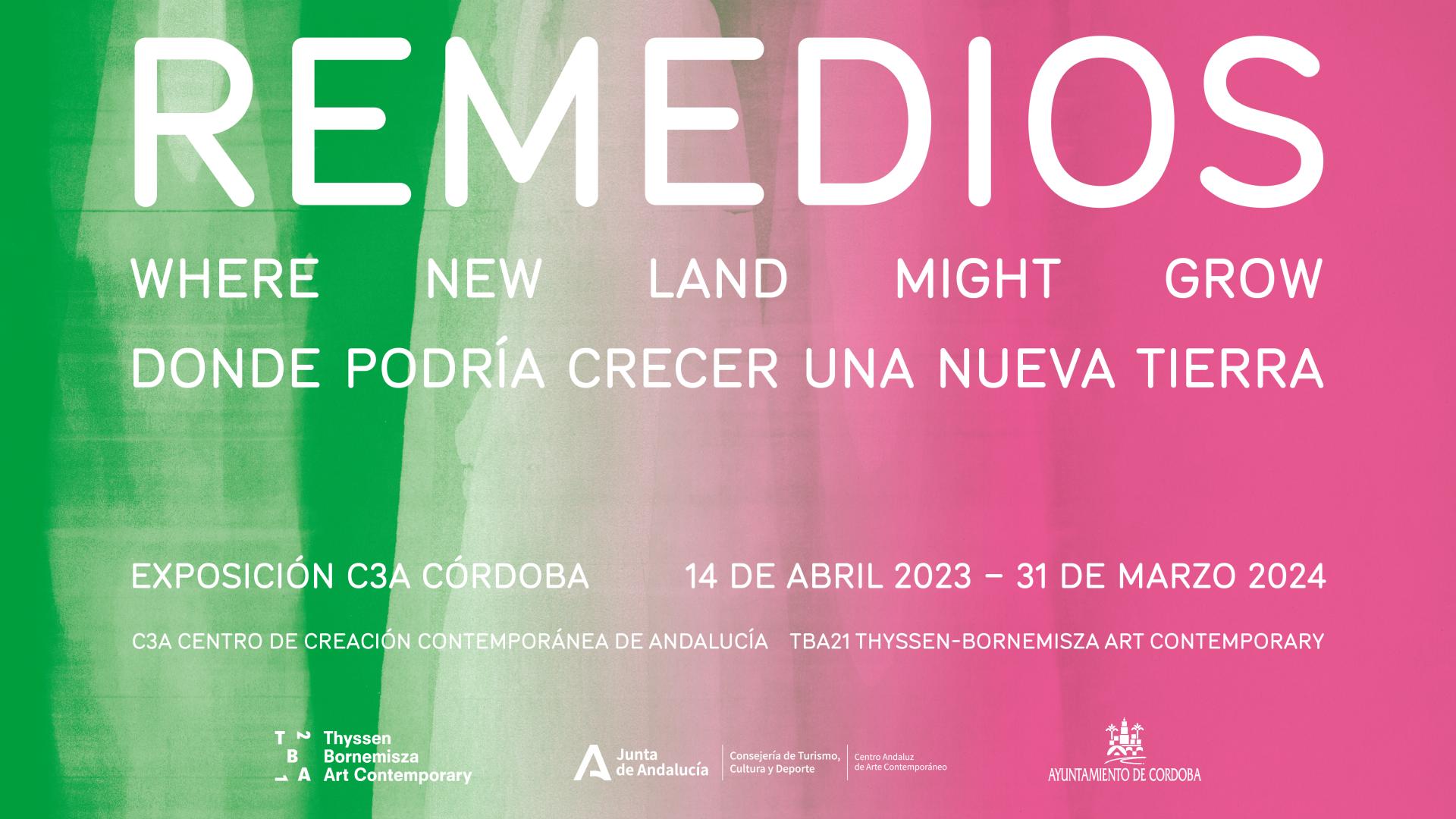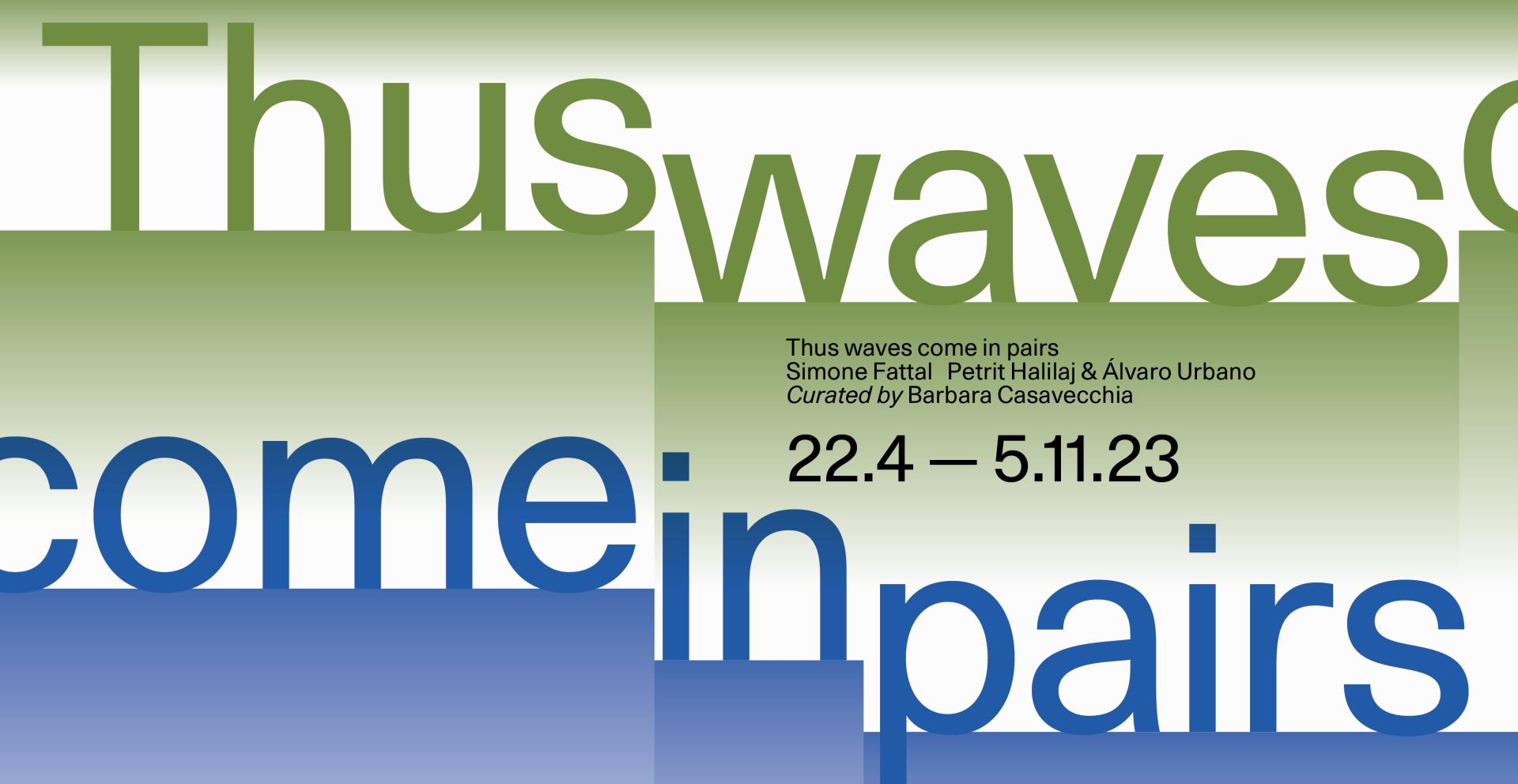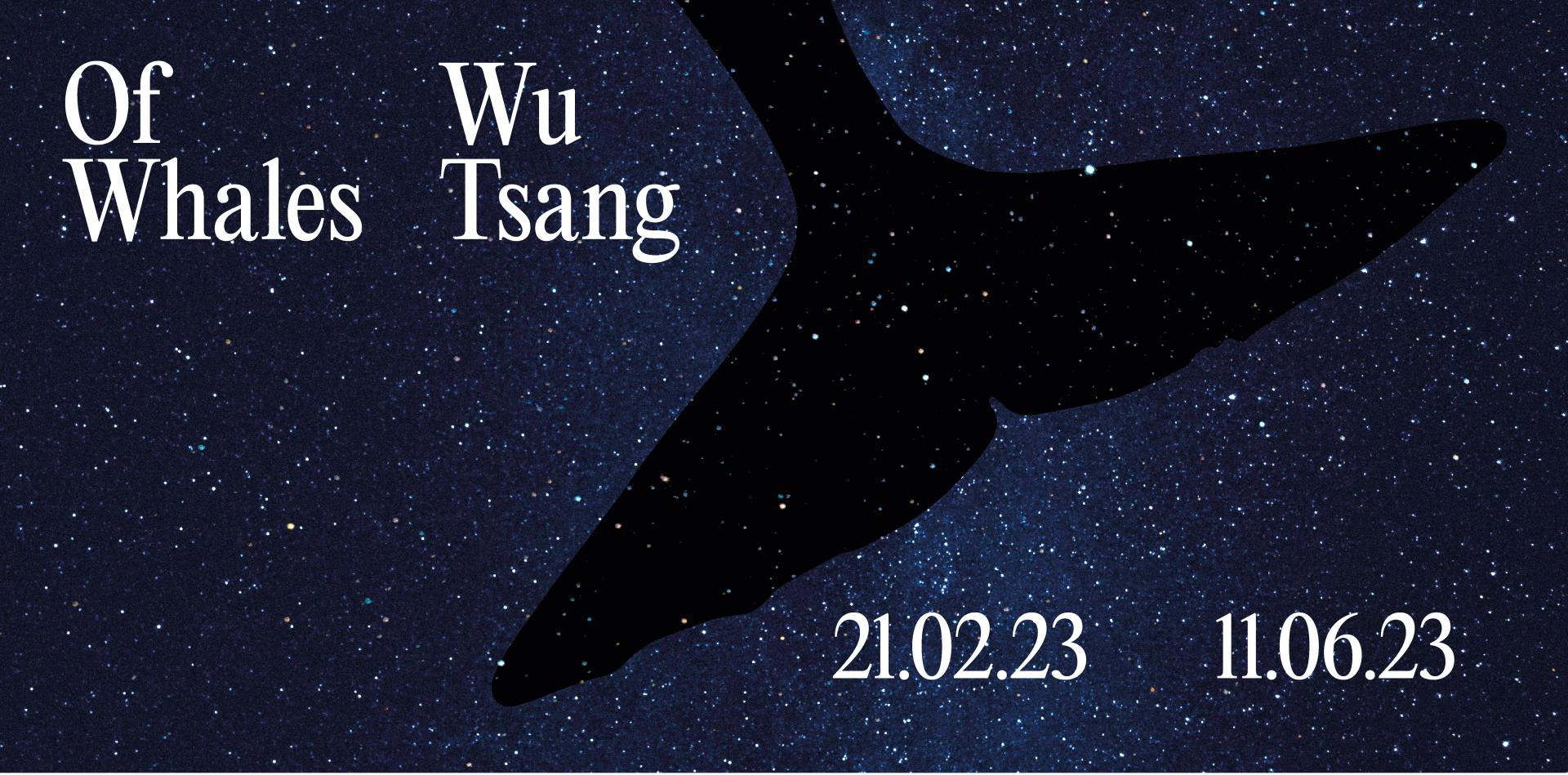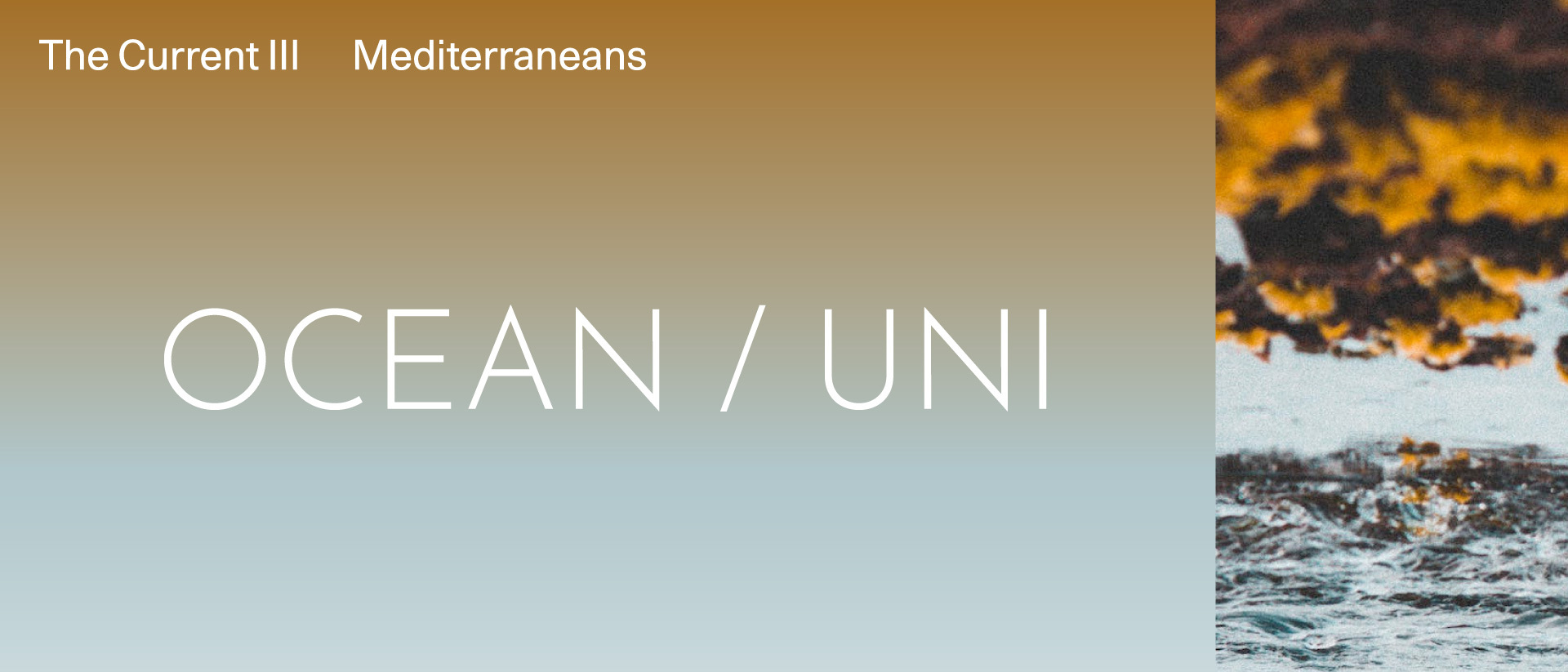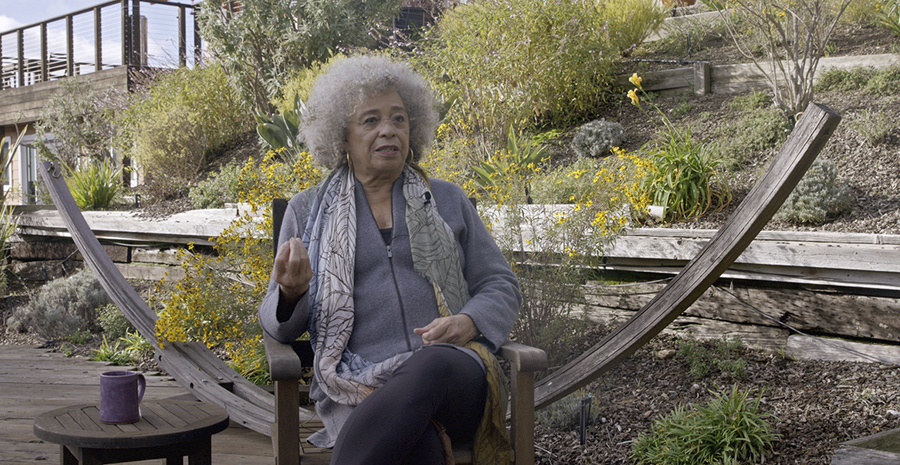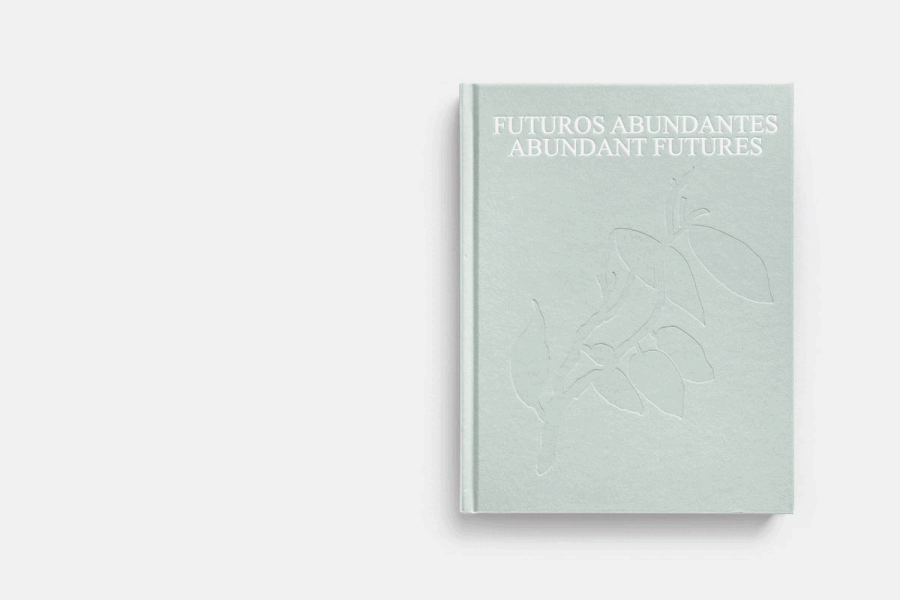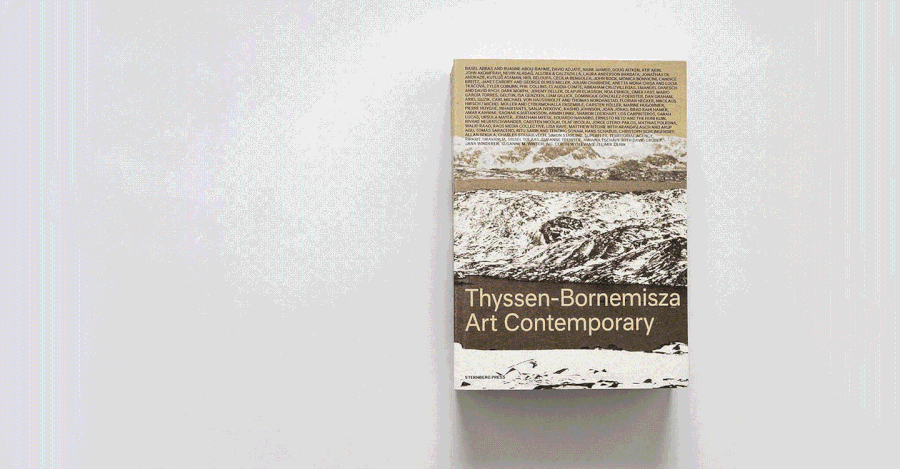The Lottery of the Sea, 2006
Allan Sekula

Still: Courtesy Allan Sekula Studio

Still: Courtesy Allan Sekula Studio

Still: Courtesy Allan Sekula Studio

Still: Courtesy Allan Sekula Studio

Still: Courtesy Allan Sekula Studio
Collection
Loans
Single-channel video installation, color, sound
179 min
What does it mean to be a maritime nation? To rule the waves? Or to harvest the sea? An American submarine collides with a Japanese fisheries training ship. What does this suggest about the division of labor in the Pacific? (10)
The Lottery of the Sea is an essayistic montage or an “offbeat diary,” as Sekula put it, tracing his journey as filmmaker across the globe, moving from port to port, ship to ship, from Athens to Yokohama to Los Angeles and beyond. Throughout the film Sekula narrates over moving images depicting various vignettes of the globalized maritime distribution chain, such as butchers cutting meat at a market and port workers loading and unloading goods bound for or returning from global dispersal. The title of the film is sourced from a passage in The Wealth of Nations, in which Adam Smith uses the concept of the lottery of the sea as an allegory to explain the idea of risk. There he compares the life of the seafarer to that of a gambler, describing the experience of risk on behalf of the precarious laborer working onboard and on behalf of the investor, who may sponsor the ship’s voyage, leading to a discussion of human labor’s interchangeability with material goods (ships, cargo, etc.). Sekula argues that the sea is a source of sublimity but also a site of deep horror and immense unpredictability.
PAST LOANS
Exhibition: Online pedagogical initiative Ocean/Uni
Venue: Ocean-Archive.org
Curator: Daniela Zyman
February 17, 2021 - February 24, 2021
179 min
What does it mean to be a maritime nation? To rule the waves? Or to harvest the sea? An American submarine collides with a Japanese fisheries training ship. What does this suggest about the division of labor in the Pacific? (10)
The Lottery of the Sea is an essayistic montage or an “offbeat diary,” as Sekula put it, tracing his journey as filmmaker across the globe, moving from port to port, ship to ship, from Athens to Yokohama to Los Angeles and beyond. Throughout the film Sekula narrates over moving images depicting various vignettes of the globalized maritime distribution chain, such as butchers cutting meat at a market and port workers loading and unloading goods bound for or returning from global dispersal. The title of the film is sourced from a passage in The Wealth of Nations, in which Adam Smith uses the concept of the lottery of the sea as an allegory to explain the idea of risk. There he compares the life of the seafarer to that of a gambler, describing the experience of risk on behalf of the precarious laborer working onboard and on behalf of the investor, who may sponsor the ship’s voyage, leading to a discussion of human labor’s interchangeability with material goods (ships, cargo, etc.). Sekula argues that the sea is a source of sublimity but also a site of deep horror and immense unpredictability.
PAST LOANS
Exhibition: Online pedagogical initiative Ocean/Uni
Venue: Ocean-Archive.org
Curator: Daniela Zyman
February 17, 2021 - February 24, 2021
Allan Sekula (January 15, 1951 – August 10, 2013) was an American photographer, writer, filmmaker, theorist and critic. From 1985 until his death in 2013, he taught at California Institute of the Arts.[1] His work frequently focused on large economic systems, or "the imaginary and material geographies of the advanced capitalist world."[2]
He received fellowships and grants from the Guggenheim Foundation, National Endowment for the Arts, Getty Research Institute, Deutsche Akademischer Austauschdienst (DAAD), Atelier Calder[3] and was named a 2007 USA Broad Fellow.
This biography is from Wikipedia under an Attribution-ShareAlike Creative Commons License.
He received fellowships and grants from the Guggenheim Foundation, National Endowment for the Arts, Getty Research Institute, Deutsche Akademischer Austauschdienst (DAAD), Atelier Calder[3] and was named a 2007 USA Broad Fellow.
This biography is from Wikipedia under an Attribution-ShareAlike Creative Commons License.



